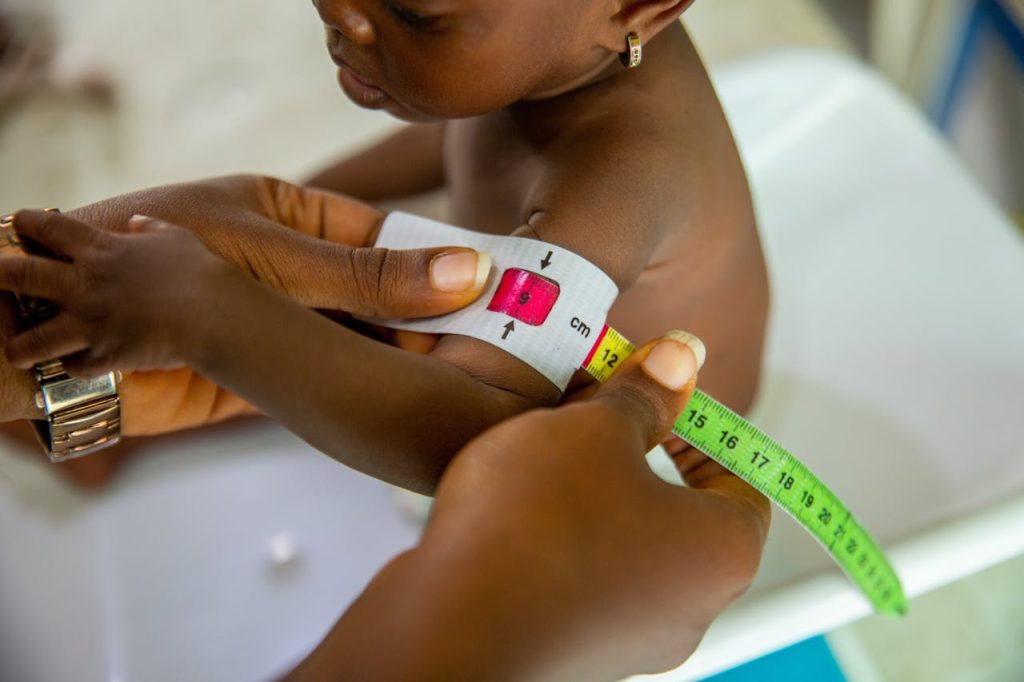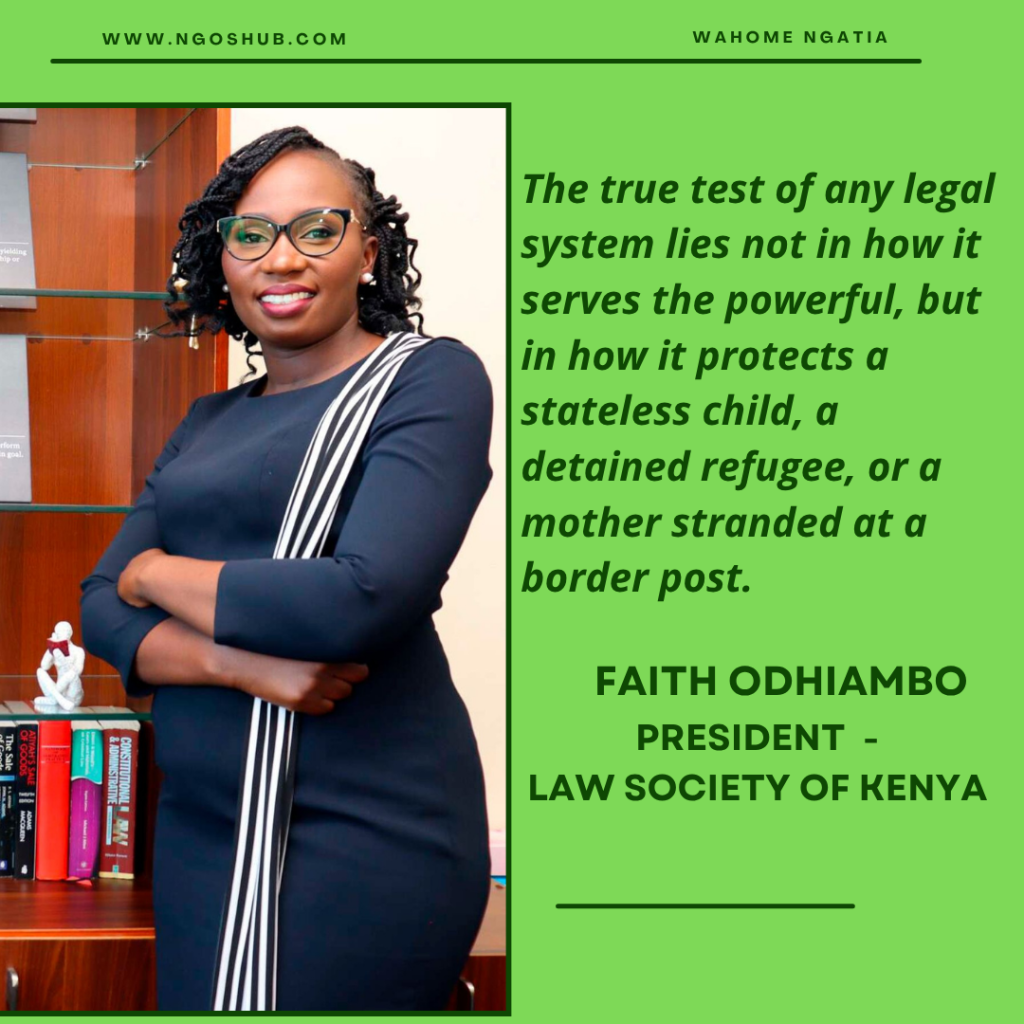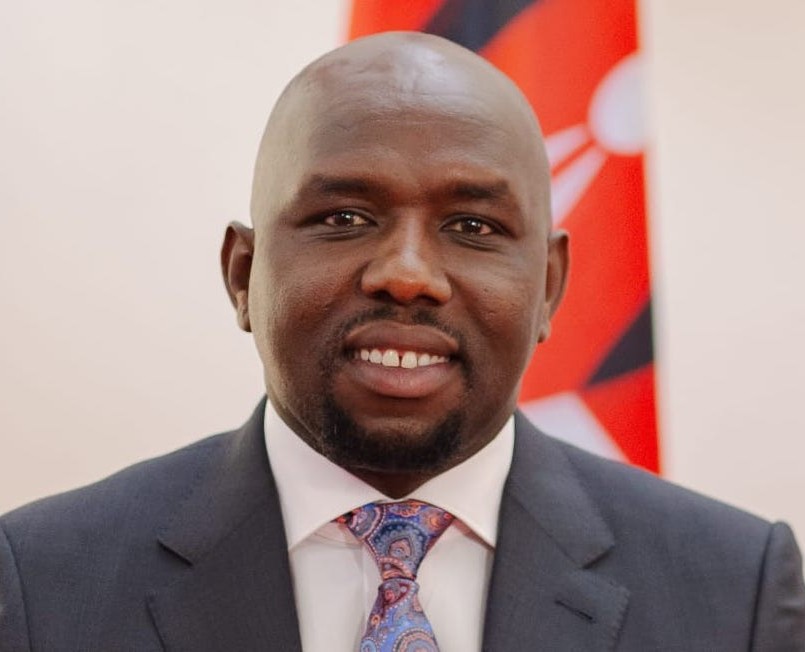What is a CCAC “challenge”?
In a change from past CCAC calls for proposals targeting action in sectors, this year the CCAC is seeking to fund innovative, cross-sector projects that respond to a specific “challenge” — especially those that unite the super pollutant community around a common goal.
The CCAC Food & Nutrition Challenge 2025
Food systems across the globe are both a major source of super pollutant emissions and impacted by climate change and air pollution. From the farmer’s field to the consumer’s trash and everything in between, food production and consumption comes with emissions of black carbon, methane, nitrous oxide, and HFCs globally. These emissions also harm plant health—and with-it agriculture outputs and human health—through air pollution and extreme weather events. For example, tropospheric ozone is responsible for global crop production losses of 79-121 million tonnes annually.
While food is necessary for human survival, a significant portion of emissions along the value chain are the result of food that is produced, transformed, and transported but never eaten. Across the world about one-third (over 1 billion tonnes) of all food produced for human consumption is lost or wasted, often ending up decomposing in landfills or open dumps negatively impacting human health and being lost for soil fertility or biodiversity.
Preventing food wastage along the value chain and redistributing edible food are crucial strategies that require cross-sector collaboration. These measures not only enhance food security but also help reduce multiple greenhouse gases and air pollutants simultaneously. Key actions include the development of innovative, energy-efficient cold chains that use low- or ultra-low global warming potential (GWP) refrigerants.
For non-avoidable or non-edible food waste—from agriculture to consumption—robust management systems are needed to capture organic waste in the highest possible quality and quantity. This is essential for closing natural nutrient cycles, preserving soil health, supporting food security, and enabling climate adaptation. Diverting organic waste from landfills and transforming it into valuable agricultural inputs is a critical step in this process.
Additionally, modern bioeconomy approaches are increasingly recognizing the importance of incorporating not just biomass but also biodegradable waste to replace products and fuels of fossil origin. However, despite their significance, these waste management systems often lack the enabling policy frameworks and financial support needed to scale super pollutant mitigation while safeguarding vital natural resources for the future.
These missed opportunities persist even as global food insecurity and malnutrition continue to rise – even though current food production is sufficient to nourish the world’s population. In 2023, 1 in 11 people globally faced hunger, rising to 1 in 5 in Africa (WHO). More than 2.33 billion people experienced moderate or severe food insecurity, and over 3 billion could not afford a healthy diet (UN).
Tackling super pollutant emissions from food loss and waste presents a practical, high-impact pathway to deliver multiple benefits. It can improve health and nutrition outcomes, create jobs and economic opportunities, and serve as a vital climate change mitigation strategy “from within” the food system – while also building resilience for the future.
Image
Through the Food & Nutrition Challenge, the CCAC is seeking innovative cross-sector proposals that advance multiple focus areas outlined below:
- Strengthen the natural cycles, improving at scale nutrient and material flows between rural and urban systems, or within the rural or urban circular/bio economies diverting organic waste for better uses (e.g. landscaping, gardening/farming, bio-based products or others) and boosting resilience through (urban/rural) planning, development, infrastructure, logistics, financial mechanisms including certification and trade, while taking local circumstances and traditions into account;
- Advance agroecological practices and measures to preserve soils, environment and livelihoods improved food security, resilience to climate change/desertification and nutrition outcomes such as application of the soil conditioner compost/digestate at scale and soil management, crop diversification, intercropping, agroforestry, integrating crop and livestock;
- Expand along the entire value chain energy-efficient cold, sustainable and inclusive cold-chain services based on low- and ultra-low GWP refrigerants, HFC alternatives or other services that lead to a substantial reduction of food loss, including farmer access to post-harvest product storage and “first mile” infrastructure to transport produce.
- Support the prevention wastage of edible food or the redistribution of food waste, which is appropriate for consumption, including through infrastructure and greater investment at sub-national level. Proposals responding to this focus area should support the objectives of the COP29 Declaration on Reducing Methane from Organic Waste.
- Shape and strengthen financial systems to document GHG emission reductions in a transparent, accountable manner and to create/use clear, subject-related indicators for all GHG/super pollutant emissions sources to demonstrate a wider impact related to framework conditions or replicability or alike, with a clear methodology outlined in the project proposal.
Successful projects will be announced at COP30 alongside the possible launch of other related CCAC activities (including a possible CCAC Agriculture-focused Flagship, and some preliminary findings and discussions around the upcoming CCAC Integrated Assessment on Agriculture and Food).
What we are looking for
- Proposals should target at least 2 of the focus areas outlined above and show cross-sector approaches to reducing food loss & waste
- Proposals should target innovative approaches that are collaborative, scalable, and address more than one of the above-mentioned challenges
- Proposals should show GHG/super pollutant reductions and impacts of all non-GHG/super pollutants-related areas by indicators
- Proposals should clearly outline their proposed approach/methodology
- Engagement with sub-national, private sector and other stakeholders is encouraged
- Proposals from consortiums are encouraged including from local NGOs, government entities, and international organizations
- Proposals with co-funding or in-kind contributions are encouraged including from private sector stakeholders or other donor schemes than those of CCAC
- Proposals must target activities in ODA-eligible countries
How to apply
Step 1:
- Complete the Challenge Programme Concept Note (available here)
- Complete the Challenge Programme Google Form with applicant information (available here)
- Upload the Concept Note to the Google Form (in word format) along with any additional documents
- Submit the Google Form with the attached Concept Note to the CCAC Secretariat for review. Please note submission of your application via the Google Form is required for your proposal to be considered.
Step 2:
- Upon submission of your Concept Note, the CCAC Secretariat may contact you requesting additional information or clarifying questions.
- Should your Concept Note be successful, you will be invited to submit a detailed project proposal and budget. Full proposals will then undergo in-depth review by the CCAC Secretariat and relevant technical experts, with the final selection of proposals for funding to be made by the CCAC Board.
If your concept note is not successful, you will be notified by the Secretariat.
Eligibility requirements
To be eligible for consideration, project proposals must be:
- Complete
- Relevant
- Submitted on time
- Within the budget range set in the call for proposals
- Less than 24 months in duration
- Compliant with CCAC gender criteria
Proposals that do not meet these minimum criteria will not be evaluated.
The CCAC can only fund non-profit entities, which include non-governmental organizations (NGOs), intergovernmental organizations (IGOs), and government entities.
For-profit entities are not eligible to receive CCAC funding, though may participate in projects as stakeholders, collaborators, or co-funders. Applicants are encouraged to include for-profit entities in the development of the project proposal and during project implementation when their ownership of the proposed solution is key to the project’s success.
Selection process and timeline
- Eligible concept notes will go through a preliminary evaluation and applicants will be contacted for relevant follow up information or clarifying questions within three weeks of submission
- Successful applicants will be invited to develop a Project Implementation Plan and Detailed Budget in consultation with the CCAC Secretariat and relevant CCAC Partners within four weeks of submission
- Applicants invited to Step 2 will have three weeks to submit a detailed application form and budget
- Full proposals will be reviewed by a panel of sector experts, the CCAC Funding Task Team, and the CCAC Board
- Successful project announcements will be made in Q4 2025
Due diligence and procurement
Due diligence
CCAC implementers with UNEP contractual agreements must meet with the following requirements:
- Have adequate financial resources to perform the contract and meet all existing commitments (financial health)
- Be able to provide proof of registration, proof of not-for-profit status and audited financial statements for the last three completed fiscal years
- Have a record of satisfactory performance with UNEP/CCAC, when applicable; and – Not have been suspended or debarred by UNEP/CCAC or another UN agency. UNEP/CCAC also considers entities included in the Security Council Resolution Lists to be ineligible for UNEP/CCAC agreements.
* (inter)governmental entities/ United Nations are exempt from this requirement
Contract requirements
If selected for funding, your project will be contracted through the United Nations. Organisation(s) selected to implement the project must meet the following due diligence and procurement rules.
Procurement
As a general rule, Implementation Agreements allow for incidental procurement only.














